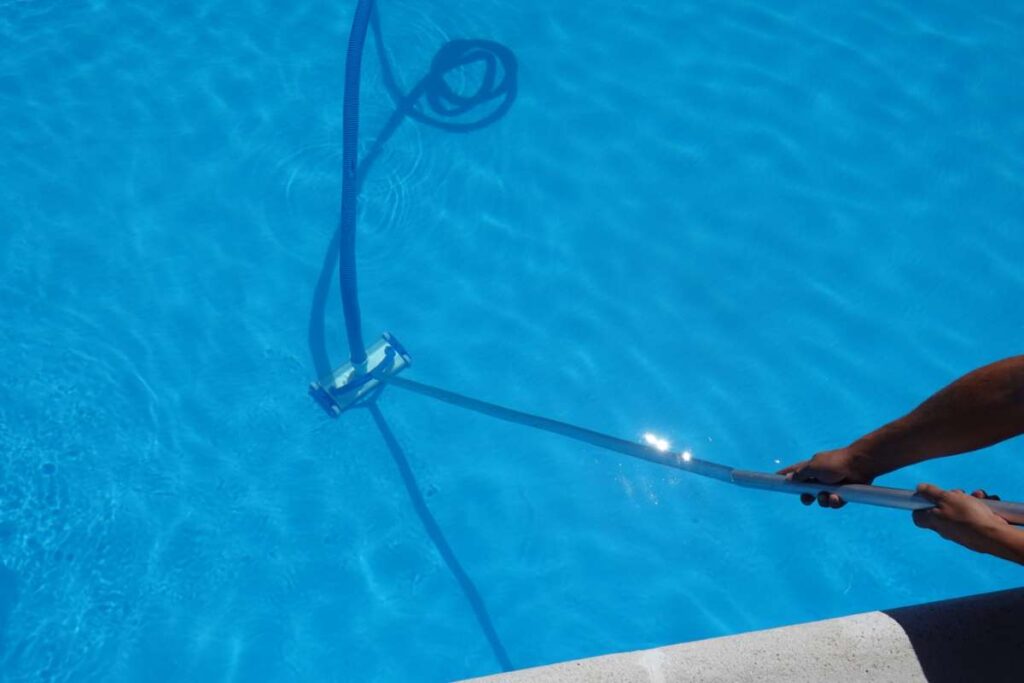Creating Reserve Accounts for Vehicle Maintenance and Replacement
Learn how to create reserve accounts for vehicle maintenance and replacement, ensuring your business stays on the road without unexpected costs.
This comprehensive guide explores the importance of establishing reserve accounts for vehicle maintenance and replacement. As businesses rely heavily on vehicles for their operations, it is crucial to have a financial plan in place that covers unforeseen maintenance costs and replacement needs. We will discuss the benefits of reserve accounts, strategies for setting them up, and best practices to ensure your vehicles remain operational without derailing your budget.
Understanding the Importance of Reserve Accounts
Establishing reserve accounts for vehicle maintenance and replacement is essential for any business that relies on transportation. Here are some key reasons why having these accounts is critical:- Financial Stability: Reserve accounts help businesses avoid sudden financial burdens caused by unexpected vehicle repairs or replacements. By setting aside a specific amount of money, companies can ensure they have funds available when needed.- Operational Efficiency: With a reserve account, businesses can respond quickly to vehicle issues, minimizing downtime and maintaining operational efficiency. This is especially important for companies that depend on timely service delivery.- Budget Management: Regular contributions to a reserve account facilitate better budgeting. Instead of reacting to unexpected expenses, businesses can plan for them and allocate funds accordingly.For example, a pool service company like Superior Pool Routes, which operates across multiple states, would benefit significantly from having reserve accounts to manage the costs associated with maintaining and replacing their fleet of service vehicles.
Determining the Right Amount to Reserve
When creating a reserve account, it is essential to determine the appropriate amount to set aside. Several factors can influence this decision:- Vehicle Age and Condition: Older vehicles typically require more maintenance, so businesses should consider their condition when determining reserve amounts. For instance, a company with a fleet of older vehicles may need to allocate a larger sum compared to one with newer models.- Usage Patterns: The frequency and intensity of vehicle usage can impact maintenance costs. High-mileage vehicles may require more frequent servicing, warranting higher reserve amounts.- Industry Standards: Researching industry benchmarks can help businesses gauge how much should be reserved. Companies like Superior Pool Routes, operating in the pool service industry, might look at their peers’ maintenance costs to inform their reserve strategies.- Historical Data: Analyzing past maintenance and replacement costs can provide valuable insights. Businesses should review their vehicle histories to identify trends and make informed decisions about reserve amounts.By carefully assessing these factors, businesses can create a more accurate and effective reserve strategy.
Strategies for Building Your Reserve Account
Building a reserve account requires a strategic approach. Here are some effective strategies to consider:1. Set Clear Goals: Determine how much you need to reserve annually and what expenses the reserve account will cover. This may include routine maintenance, unexpected repairs, and costs associated with replacing vehicles.2. Implement a Dedicated Savings Plan: Open a separate savings account specifically for vehicle reserves. This ensures that the funds are not mixed with operating expenses and are readily available when needed.3. Automate Contributions: Consider setting up automatic transfers to the reserve account. This can simplify the saving process and ensure that the necessary funds are consistently allocated without manual intervention.4. Review and Adjust Regularly: Regularly assess your reserve account and adjust contributions as necessary. Changes in vehicle usage, condition, or company operations may necessitate adjustments to your savings plan.5. Educate Your Team: Ensure that your team understands the importance of the reserve account. Encourage them to report any vehicle issues promptly, so funds can be allocated appropriately.Following these strategies can help businesses effectively build and maintain their reserve accounts, ensuring they are prepared for any vehicle-related expenses.
Best Practices for Managing Vehicle Maintenance and Replacement
To maximize the effectiveness of reserve accounts, businesses should adopt best practices in managing vehicle maintenance and replacement:- Regular Maintenance Checks: Schedule routine maintenance for all vehicles in your fleet. Regular checks can uncover potential issues before they become costly problems. This proactive approach helps prolong vehicle life and minimize unexpected repair costs.- Keep Detailed Records: Maintain thorough records of all vehicle maintenance and repairs. This data can inform future reserve account decisions and help identify patterns in vehicle performance.- Invest in Training: Ensure that drivers and maintenance personnel are well-trained. Educated staff are more likely to spot issues early and take preventative measures, which can save money in the long run.- Establish a Replacement Schedule: Create a timeline for replacing vehicles based on age, mileage, and condition. Planning for replacements in advance allows for smoother transitions and less financial strain on the business.- Consider Financing Options: In some cases, businesses may want to explore financing options for vehicle replacements. This can allow them to maintain their reserve account while acquiring necessary vehicles.By implementing these best practices, businesses can optimize their vehicle management processes and extend the life of their assets.
Conclusion
In summary, creating reserve accounts for vehicle maintenance and replacement is a vital step for any business that relies on transportation. By understanding the importance of these accounts, determining appropriate reserve amounts, and employing effective strategies and best practices, businesses can ensure their vehicles remain operational without breaking the bank.Adopting these practices will not only enhance financial stability but also streamline operations and improve overall service delivery. As companies like Superior Pool Routes demonstrate, having a robust plan for vehicle maintenance and replacement is a fundamental part of sustaining success in the service industry. Start building your reserve account today and secure the future of your business operations. Reach out to experts in your field for assistance, or explore resources like
Pool Routes How It Works for more guidance. Ensure your vehicles are ready for the road ahead by planning wisely and investing in their upkeep.



